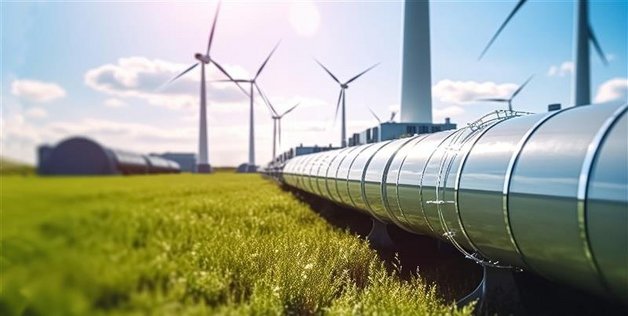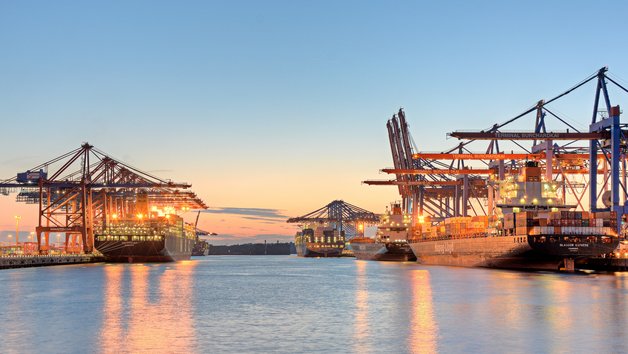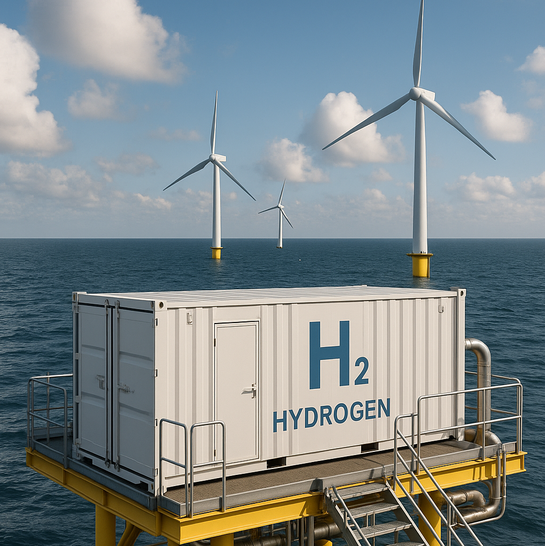When talking about the potential and benefits of hydrogen technology in the context of a sustainable energy supply, it is important to consider the entire range of hydrogen production options and analyse the respective impact on decarbonisation. The HydroHub offers technology-open hydrogen consulting and corresponding engineering in all directions.
But what is behind the colour palette of hydrogen? If hydrogen is produced from methane (natural gas) by means of steam reforming and the resulting CO2 is not captured, this is called grey hydrogen. However, if the greenhouse gas is bound and not released into the atmosphere, it is referred to as blue hydrogen. The term green hydrogen is used when the energy required to produce it by electrolysis comes from renewable sources, such as wind energy or photovoltaics. In this case, the only by-product is oxygen. In addition to these variants, there are also black, turquoise, red, white and yellow hydrogen, with very different effects on the important decarbonisation process. For example, CO2 emissions are produced here, which are either released into the atmosphere in their entirety if they are not captured and permanently stored or fed into the carbon dioxide cycle. TÜV NORD GROUP companies also offer support in this area. Red hydrogen is produced using nuclear power. Black hydrogen is produced using coal, whereas white hydrogen is a by-product of chemical processes. Finally, yellow hydrogen, like green or red hydrogen, is produced by electrolysis, but the energy required is taken from the electricity grid. What suits you? How can you be open to new technologies and still be sustainable? Talk to us! We offer independent hydrogen consulting and engineering.









